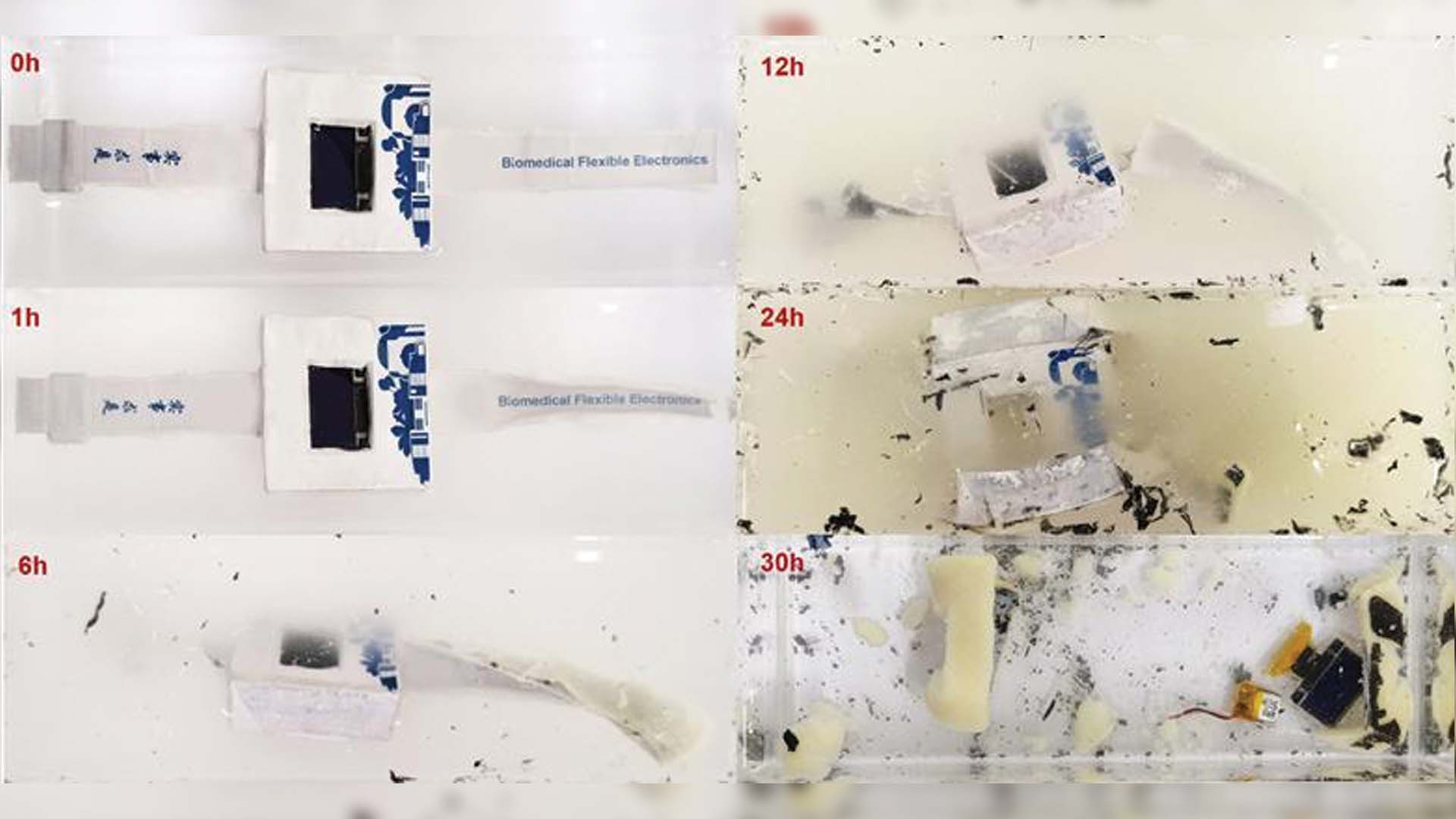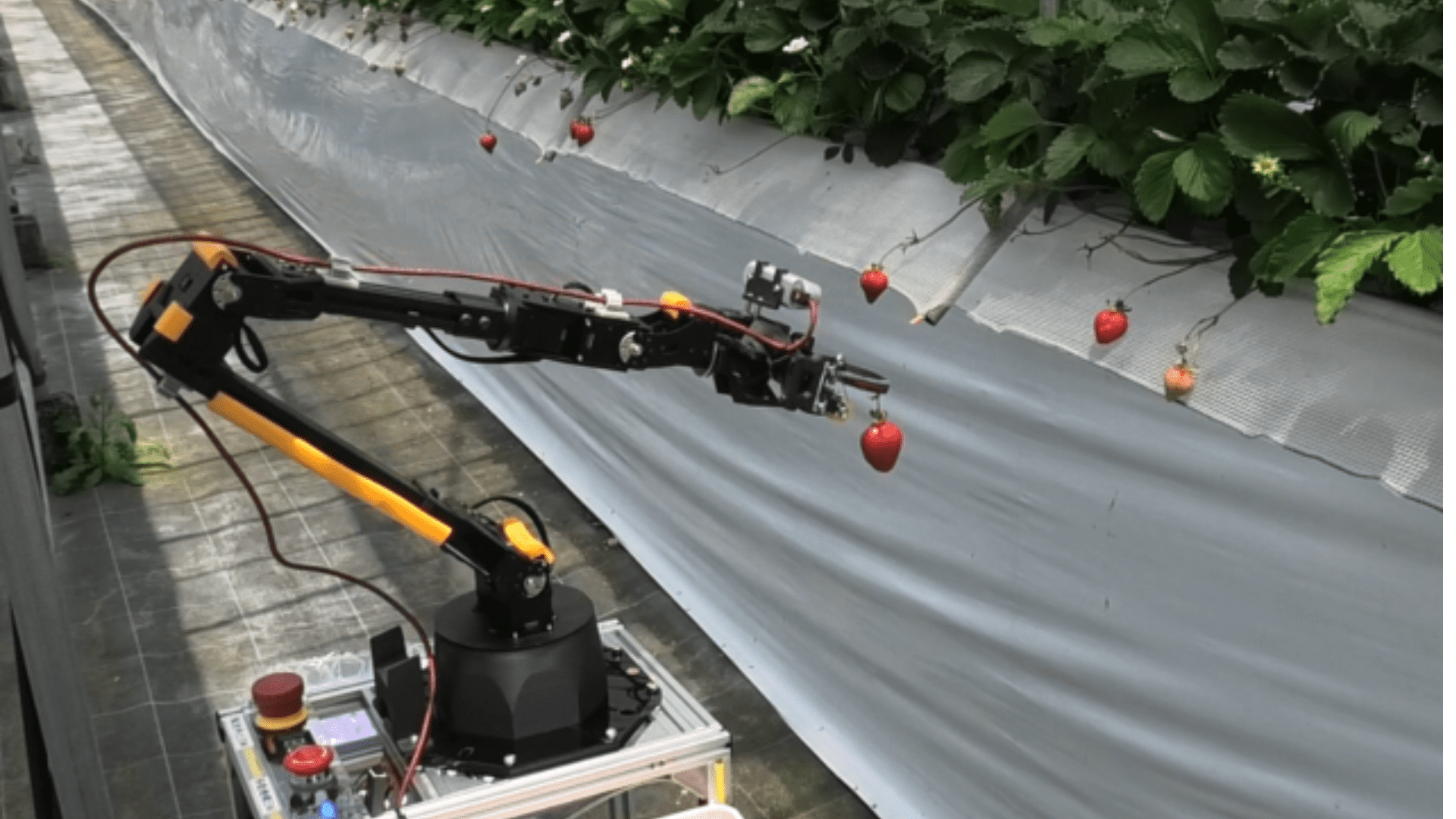Fashion and technology are becoming more and more synchronized.
The introduction of smartwatches, smart rings, and even smart glasses can track a person’s health and well-being. Researchers are adding another conversation piece to the wardrobe with smart earrings.
Thermal Earrings
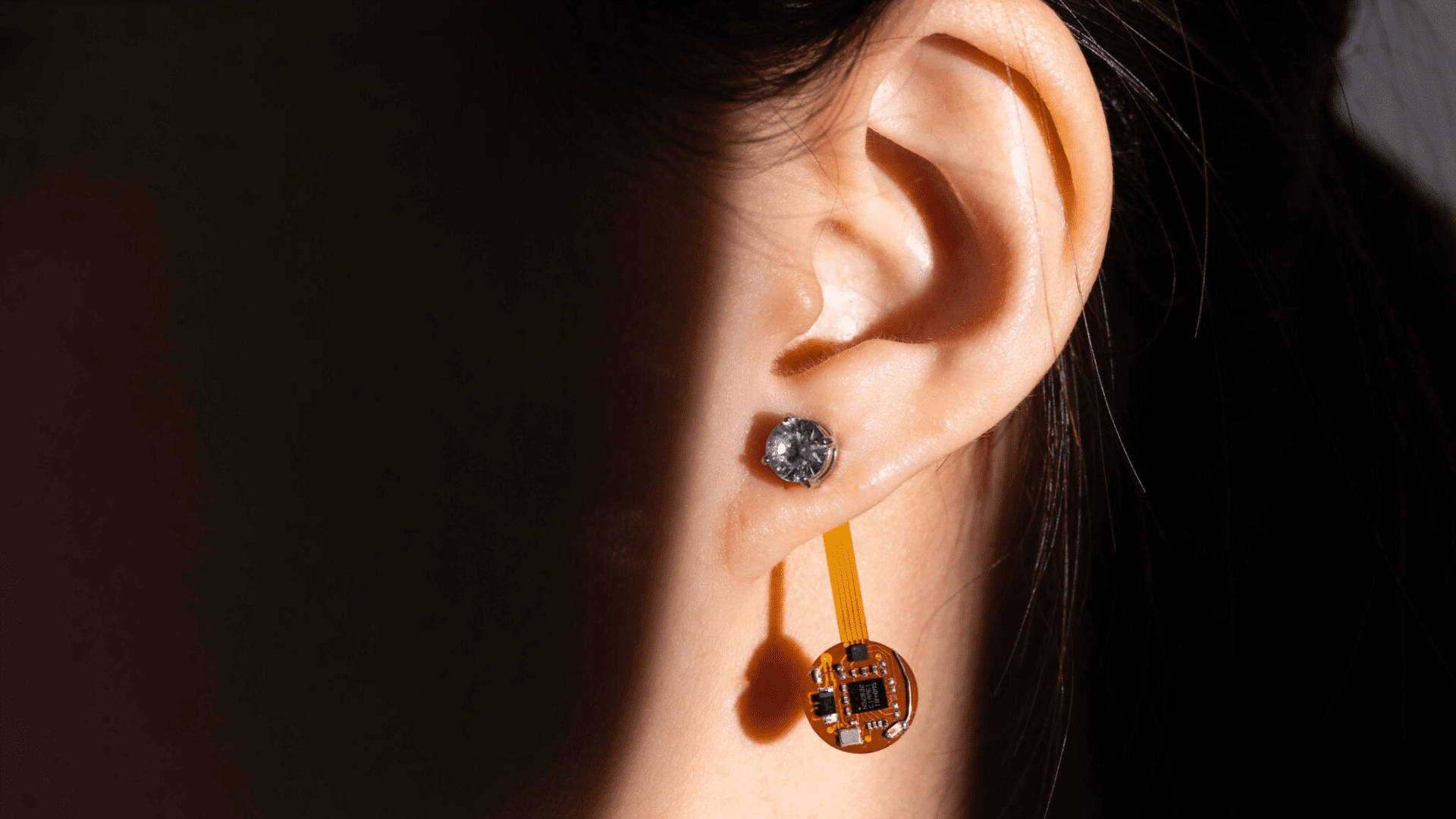
Researchers at the University of Washington are giving the “smart” touch to earrings. The piece of jewelry has yet to get the “smart” touch. Thermal earrings show promise for tracking stress, eating, exercise, and even ovulation. They do it by tracking the temperature of an earlobe. Researchers say, in a study with six individuals, the earrings outperformed smartwatches at sensing skin temperature.
Right now, the thermal earring is only a prototype. However, the prototype shows promise. According to researchers, they have a 28-day battery life and are extremely lightweight. Researchers say they are about the size and weight of a paperclip. There are two parts to the earring to detect the temperature. An attachment on the earlobe tracks the wearer’s body temperature and a piece that dangles tracks the room temperature.
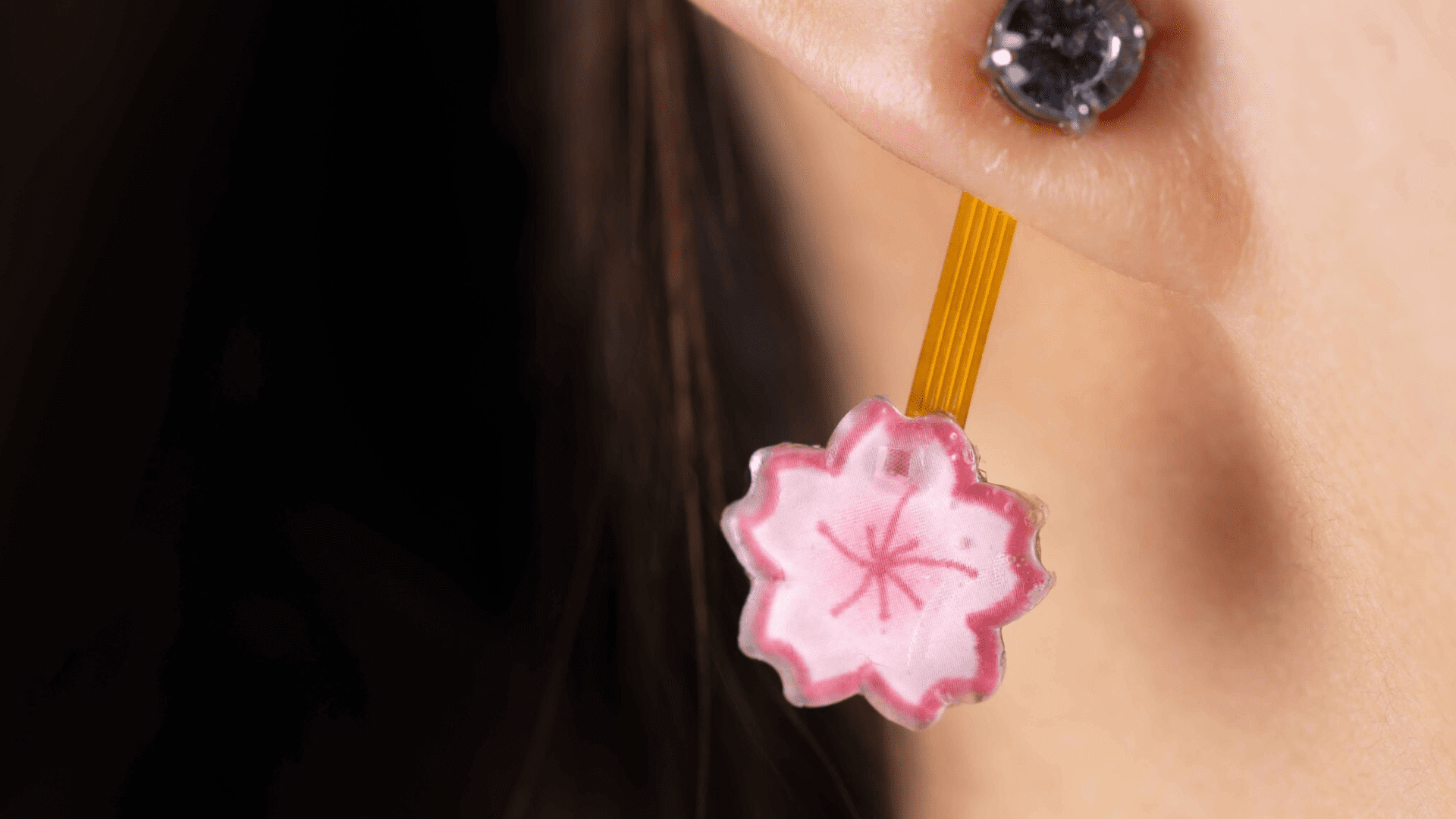
Despite the earrings being a piece of technology, they should be fashionable. Researchers consider that. They say people can personalize the smart jewelry without impacting functionality.
UW doctoral student and co-lead author of the study Qiuyue (Shirley) Xue said, “We found that sensing the skin temperature on the lobe, instead of a hand or wrist, was much more accurate. It also gave us the option to have part of the sensor dangle to separate ambient room temperature from skin temperature.”
Explore Tomorrow's World from your inbox
Get the latest science, technology, and sustainability content delivered to your inbox.
I understand that by providing my email address, I agree to receive emails from Tomorrow's World Today. I understand that I may opt out of receiving such communications at any time.
A Tricky Balance
To make something so small with a long battery life became a challenge for the researchers. They call the engineering challenge a “tricky balance.” Co-author Yujia (Nancy) Liu said, “Typically, if you want power to last longer, you should have a bigger battery. But then you sacrifice size. Making it wireless also demands more energy.” The team made the earrings as efficient as possible while also implanting a Bluetooth chip, battery, two temperature sensors, and an antenna.
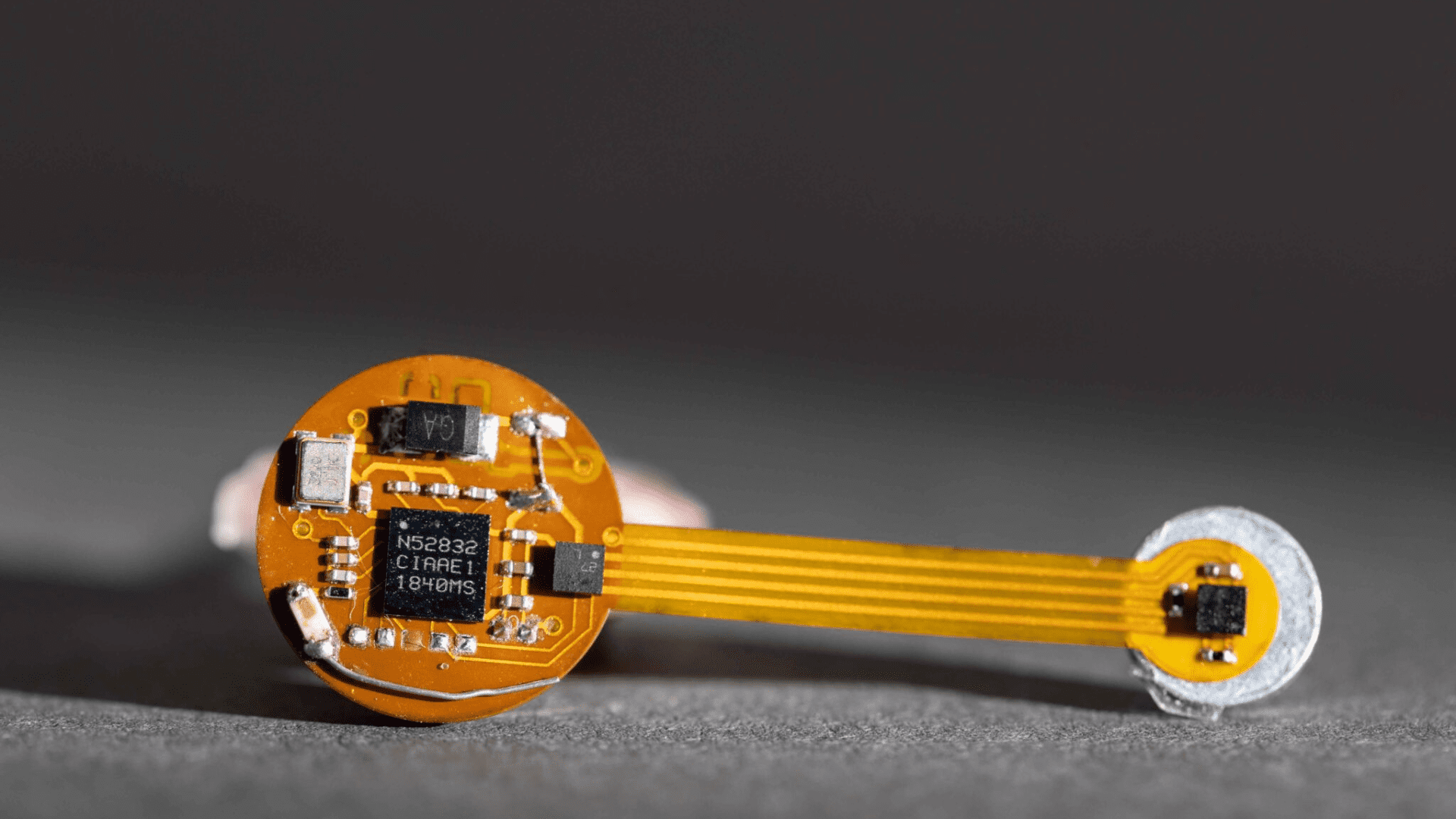
Although the earrings have Bluetooth, they don’t work as a typical Bluetooth device. Instead of pairing to a device, which uses more power, the earrings use advertisement mode. In other words, it goes into a power-saving mode after detecting the temperatures.
Exploring earlobe temperature
Detecting the temperature of an earlobe is not widely studied but researchers wanted to explore different applications for future research. For example, the team studied five individuals with fevers. The average earlobe temperature rose over 10 degrees Fahrenheit compared to 20 healthy patients. What this shows is the earrings’ potential to monitor someone’s fever.
In a small test, researchers discovered a variation in temperatures correlated with eating, exercising, and stress.
For future studies, researchers want to take it to the next level. They hope to integrate heart rate and activity monitoring. Exploring a power source is also on their list. For example, they want to test power from solar or kinetic energy from the dangling motion of the earring. Different items of jewelry are also on the table.
“Eventually, I want to develop a jewelry set for health monitoring,” Xue said. “The earrings would sense activity and health metrics such as temperature and heart rate, while a necklace might serve as an electrocardiogram monitor for more effective heart health data.”



